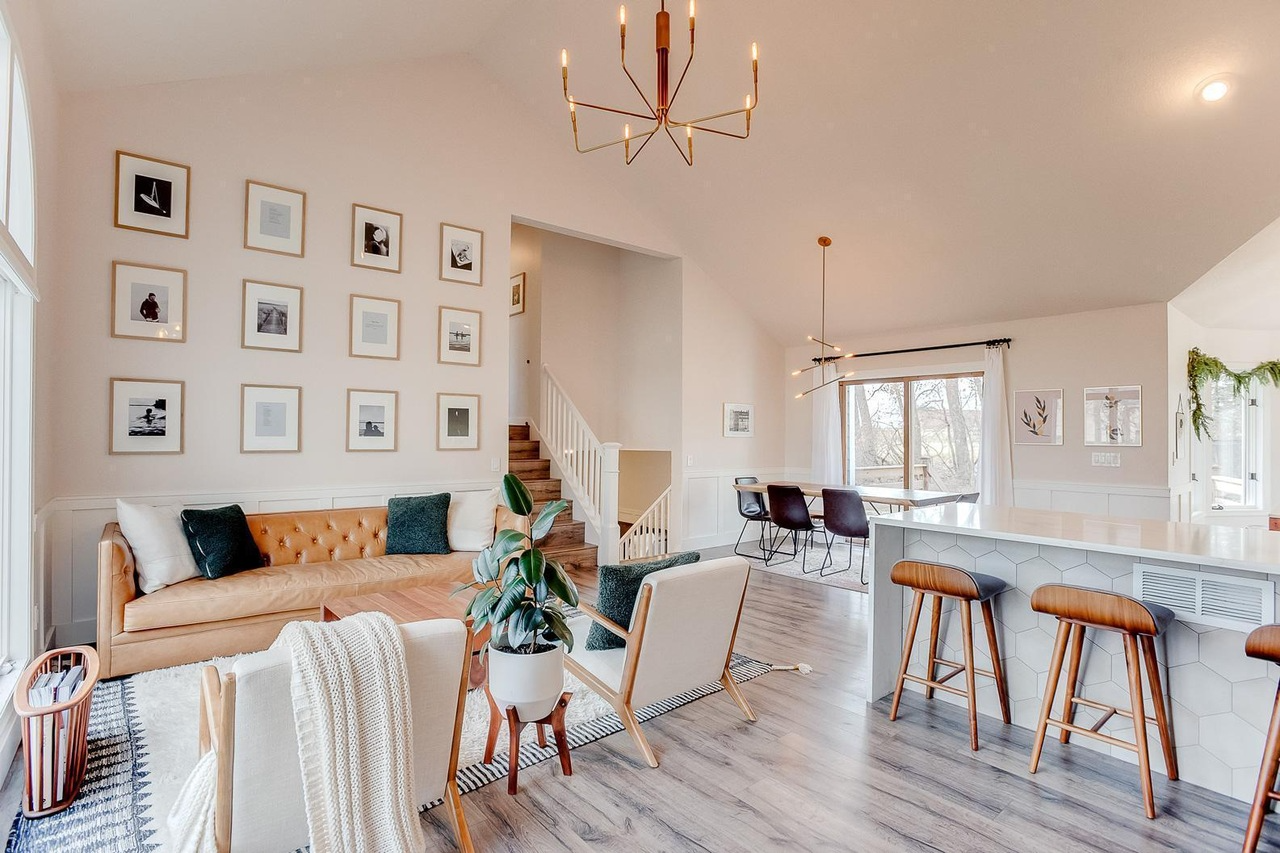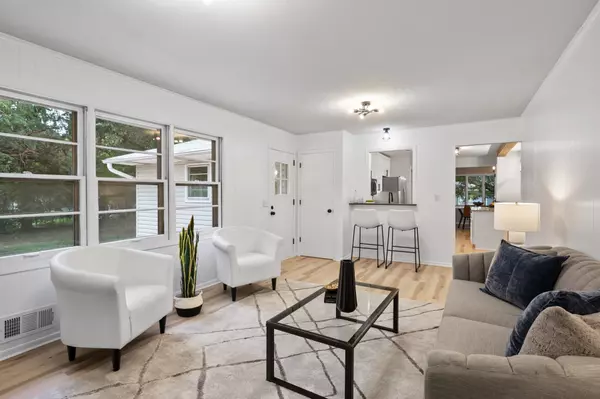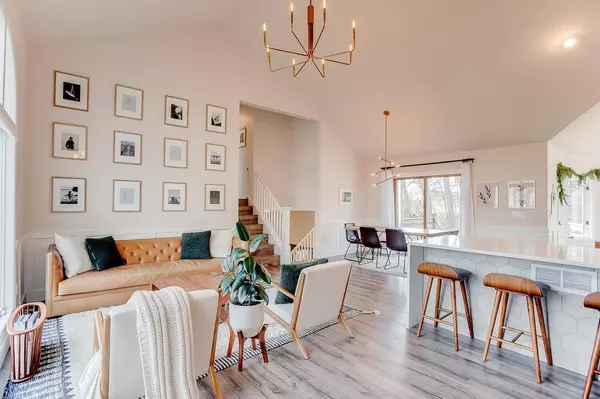Pros and Cons: 20% Down vs. 5% Down Payment
Pros and Cons: 20% Down vs. 5% Down Payment
Let’s tackle the controversial question of whether putting a low down payment on a house, due to financial limitations, is even worth it?

I talk to many people who are wanting to buy their first home, but find themselves intimidated when thinking they need to have 20% of their total home value saved up for a down payment. One might ask themself, is it even wise to buy a home when I only have 5% or even 3% to put down? Maybe I should wait and keep saving.
That is a great question and one that is commonly argued on either side. The way I see it, is there is a traditional line of thinking, and a more modern, savvy line of thinking that is widely emerging.
Traditional approach: Wait to buy a home until you have 20% of the home value saved up for a down payment.
The reason that 20% is highly suggested, and I encourage anyone who does have the ability to commit to that to do so, is simply because you will have a lower monthly payment —you'll be financing less, and you don’t have to pay PMI (private montage insurance). The problem I see with this strategy however, is that home values have appreciated at such a quicker rate over the past 50 years compared to median salaries. This means it’s much more difficult for the average person to save that much money in 2022 — especially if they are starting from scratch.
For example, a 20% down payment for a $300,000 home would require you to save up $60,000. Keep in mind, that while you’re trying to save that money, you’re also paying your current rent which makes it nearly impossible to save a bag that large.💰
While the intention of avoiding PMI is good, you’re actually burning much more money each month paying rent to your landlord. Additionally, with each month you stay renting, you also miss out on the appreciation opportunity many homeowners have stacked their bank accounts with with over the last 7-10 years.
Modern/Savvy Approach: Buy a home with the minimum down payment of 3-5% and use your monthly housing payments as a vehicle to save money faster.
The way that my philosophy translates to down payments is allowing yourself to let go of the 20% down payment standard if you cannot afford that high of a down payment right away, and feeling comfortable and even confident committing to a 3-5% down payment instead.
Committing to the minimum down payment means that you’ll be paying PMI at the beginning, but that will lift as soon as you’ve paid 20% of the home off. And most importantly, you’re no longer putting money in the shredder each month by paying rent that you’ll never see again.
Instead, every monthly princple payment is actually going back into your own hypothetical piggy bank. Since real estate appreciates in value (this is very important), every dollar you put towards paying the loan principle each month is ultimately money that you get to recoup later when you sell the home. Now THIS is saving money. Not only are you saving, but you also can make a profit when your property appreciates over time.
Buying a home SOONER linked to higher net-worth SOONER:
Experts believe that homeowners who bought a home worth $390,000 in 2022 will reap the benefits of watching their home appreciate by $102,787 over the next five years. That is the equivalent to saving $20k per year. The only difference? Your asset is creating that money FOR YOU instead of you having to dig into your paycheck to save that money.
Furthermore, According to CNBC in 2019, homeowners in the United States had a median net worth of $255,000, while renters had a net worth of just $6,300 — on average, homeowners net worth is 40x larger than renters! This isn’t because homeowners have suddenly become investing wizards…it’s because real estate appreciation is “passive” for anyone who simply owns it. When you find a home with a comfortable mortgage payment, your lifestyle doesn’t need to change much (or at all) to that when you were renting in order to capture the gains of your asset appreciating over time.
When you free your mind from thinking that paying PMI is the cardinal sin, and actually realize that it’s renting year after year that’s doing you in…you run as fast as you can to your realtor to help you buy the first home of your own. In my personal and professional opinion, I strive to help individuals escape the money pit of renting no matter what. Because in the long run, I believe that building equity earlier in life will help you as years go by.
Renting makes sense for 3 types of people:
When deciding to rent versus buy, I think renting is actually the right move for people who fall into these 3 categories:
1. People who don’t know what state or location they want to live in in the near future, and prefer to have the flexibility to up and move more easily. That’s ok.
2. People who don’t make an income that allows them to afford monthly housing expenses over $1,000, or don’t have the ability to save money for normal maintenance over time. That’s ok.
3. People who have the ability to flip $10,000 into $100,000 much faster with another method (owning a business, investing in other ways, etc.) vs. tying those funds up in real estate. I would only ask that you be honest with yourself on this one, your future net worth depends on it.
In conclusion,
I would love to sit down with anyone who’s interested in crafting a plan for how to pursue buying versus renting if that’s your goal, even if you see yourself falling into one of those three categories. I truly believe that simply buying a home and going on with life is the easiest way to accidentally make a cool six figures over the next five years, and have a nice 20% down payment for that next dream home in a few years. Interested in learning more? I’d love to chat with you!
GET MORE INFORMATION




